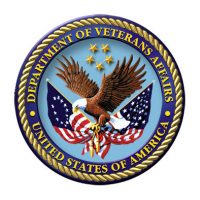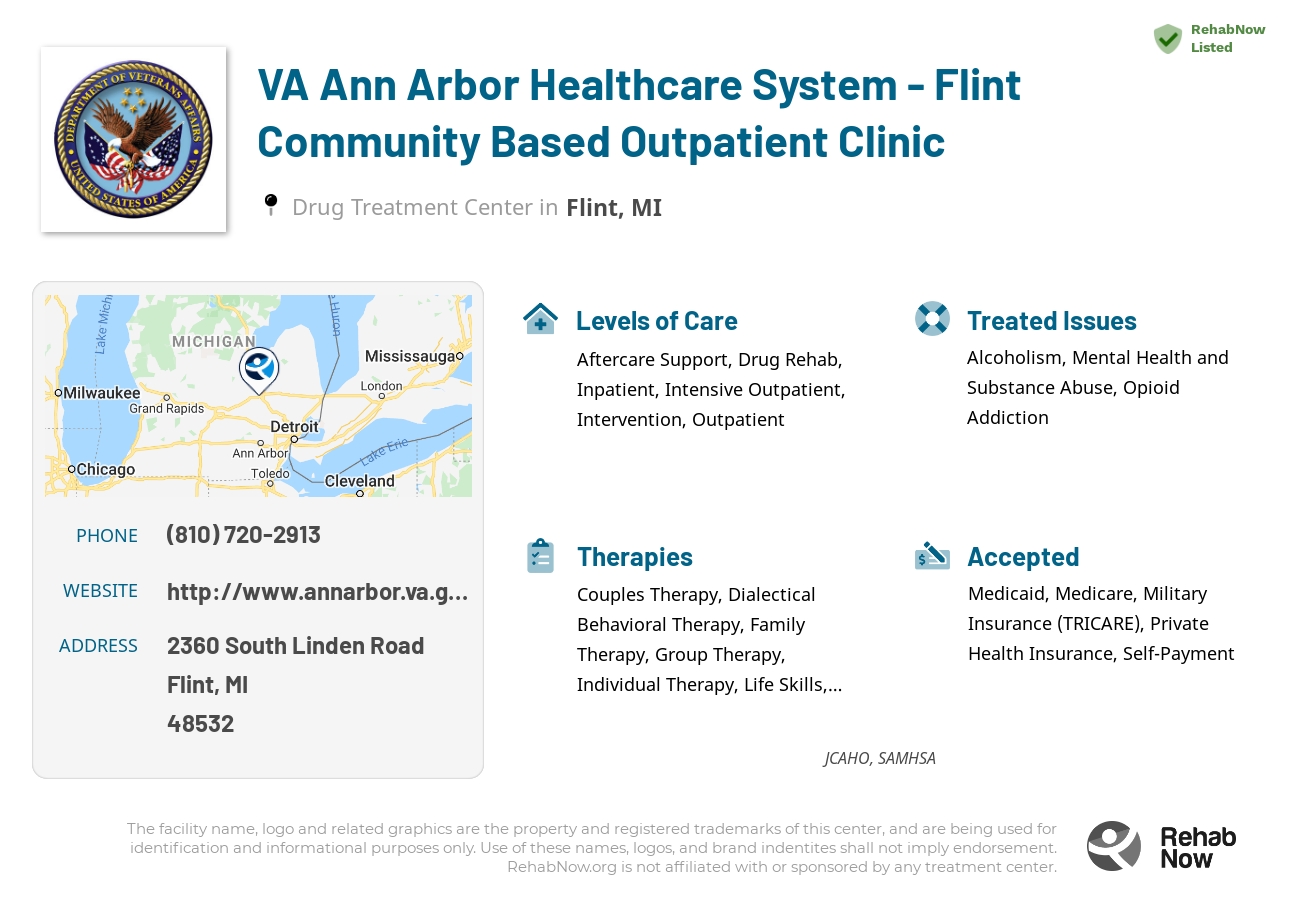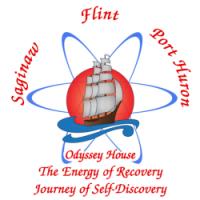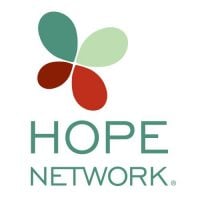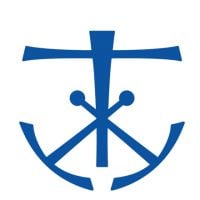About VA Ann Arbor Healthcare System - Flint Community Based Outpatient Clinic in Michigan
VA Ann Arbor Healthcare System - Flint Community Based Outpatient Clinic is a licensed private rehab center located in Flint, Michigan. VA Ann Arbor Healthcare System - Flint Community Based Outpatient Clinic specializes in professional Alcohol Abuse, Dual Diagnosis (Co-Occuring Disorders), Opioid Addiction treatments. Addiction is a disease that affects millions of people, and it can be difficult to know where to turn. At this drug rehab facility, VA Ann Arbor Healthcare System - Flint Community Based Outpatient Clinic offers comprehensive care for addicts who are ready to get sober. They have the resources and expertise necessary to help anyone who wants treatment for their addiction. The staff members are compassionate, experienced professionals who will work with you every step of the way as you recover from your addiction.
VA Ann Arbor Healthcare System - Flint Community Based Outpatient Clinic is a place where people can get the help they need in their sobriety journey. They offer a variety of treatment methods that are all focused on individualized sobriety programs. Their rehab center has helped individuals of all backgrounds overcome their addictions and live sober lives. This facility does welcome both men and women.
When selecting a treatment facility, accreditations are clearly important. JCAHO has Accredited this facility. This facility is listed in the SAMHSA database. Medicaid, Medicare, Military Insurance (TRICARE), Private Health Insurance, Self-Payment are some of the ways clients can pay for treatment here. Having private insurance is very helpful selecting a treatment facility. Our admissions counselors will help you navigate your insurance policy and find a center that accepts your coverage.
Genders
Ages
Modality
Additional
Accreditations
SAMHSA

JCAHO
Conditions and Issues Treated
Opioid addiction treatment should be done in a medically supervised drug rehab. While taking opioids, users will typically use other substances to enhance the effects of opioids or to reduce the adverse effects of opioid use. Opioid addiction treatment will include detoxification and drug rehab counseling to help both the user and their loved ones learn how to live a successful sober lifestyle.
Treatments such as methadone, buprenorphine, and naltrexone are three medications that can help treat opioid addiction. These drugs work on the brain’s pleasure center and reduce cravings and the effects of illicit opioids such as heroin. These drugs can be either given orally or by injection. Individual drug rehab counseling sessions can be helpful to discuss any questions or concerns with the drug treatment program. This counseling will also help the user set goals for when they finish drug rehab.
Opioid addiction recovery is a long process. Many of the changes to the brain caused by opioid use cannot be undone, but with time and the proper treatment, a person can return to normal function. After detox, treatment will include drug rehab counseling and entering a halfway house or sober living community. Aftercare is critical to long-term recovery, as it helps the user avoid relapsing and entering back into drug rehab.
Levels of Care Offered
This center offers a variety of custom treatment tailored to individual recovery. Currently available are Aftercare Support, Drug Rehab, Inpatient, Intensive Outpatient, Intervention, Outpatient, with additional therapies available as listed below.
Inpatient treatment for alcoholism or drug addiction is an option that provides the addict with a supportive environment in which they can stop using. This type of treatment is appropriate for addicts that are most in need of intensive care and supervision. This includes those who were unable to quit on their own, those who need more structure than they can get in outpatient treatment.
Intensive outpatient treatment is a type of comprehensive addiction care. Unlike conventional residential treatment programs, the patients live at home during the recovery process. This means that one can continue working and caring for their families. These also allow people to keep pursuing their studies while also working on their sobriety.
Outpatient treatment can help one transition to normal life from the round-the-clock supervision and treatment available during inpatient treatment. It is an excellent tool to ensure long-term recovery. However, it is essential to note that intensive outpatient treatment in itself does not remove patients from the real-world setting. This means there’s always a higher risk of coming across environmental triggers. To further prevent relapse, an outpatient treatment center should be able to provide ongoing support services.
Once the patient is enrolled in an intensive outpatient treatment program, they will be expected to attend therapy and group meetings daily for a stipulated period. The frequency and duration of each session will depend on the patient’s needs and level of addiction. This can help curb the habit and deal with underlying issues that led to it. Most of these professional treatments are designed to allow patients to structure their daily schedules in a way that is conducive to recovery.
“Outpatient treatment is ideal for those who have a lower intensity addiction. It’s also suitable for those with a supportive environment and those on a tight budget.
Outpatient treatment can be considered the lowest intensity level of addiction treatment. It is ideal for early phase addiction or lower intensity addictions. It may involve weekly sessions instead of daily. Peer group support, 12-step programs, and individual counseling may still be used and anti-addiction medication.
Drug rehab intervention aims to make sure patients understand the risks of their addiction and possible outcomes. They must learn how their addiction affects those around them and allow a therapy session to help move past the physical symptoms. They often include psychotherapy or behavioral therapy, group therapy, family counseling, and peer support.
Aftercare support is vital to those who have completed a drug or alcohol treatment program. This support comes in individual and family counseling, treatment of psychiatric and other medical conditions, and medications to reduce cravings. It helps recovering addicts adjust to normal day-to-day activities and can last for a year or longer.
The majority of drug and alcohol addicts who receive aftercare treatment do not relapse. It is estimated that without aftercare, the relapse rate will be between 70 to 90 percent for most people. Aftercare is the final stage in addiction recovery, but it will also help maintain sobriety if relapse does occur.
Therapies & Programs
No single treatment works for all addicts; therefore, the goal of treatment and therapy should be to find what works best for each individual. Some people requiring addiction treatment may only need a few weeks of inpatient care. Others will require long-term residential care. Tolerance and withdrawal levels vary from person to person and thus affect the intensity of the treatment needed.
If an individualized approach to treatment and therapy is not offered, addicts may fail to reap benefits from their efforts. Professionals must customize plans according to their patient’s needs, limitations, and strengths. The goal of all forms of addiction treatment should be for addicts to find healthy ways to cope with their addiction and its underlying causes.
Couples therapy for drug addiction is a unique form of therapy that allows family members to work through the emotional issues of their loved one’s addiction together. Family members can support each other while learning how to cope with the addiction and encourage healthy changes.
Accordingly, couples therapy for drug addiction is designed for an addict and their significant other or spouse. The two will work with a therapist to learn how the addiction affects themselves and the relationship and how to break the negative patterns of behavior that may have developed.
Drug addiction can destroy a person’s life, as well as their family and friends. The loss of one’s ability to choose how to live and behave often leads the addict into depression, anger, guilt, and many emotional problems.
The therapies usually include siblings, children, and parents who are involved in their daily lives. These sessions are vital because they address past issues that may have hampered an addict’s or alcoholic’s recovery and provide support at a crucial time!
One of the most critical aspects of family therapy is helping addicts’ loved ones see their situation in a new light. It’s also one of the most challenging things a family can do when a loved one struggles with addiction or alcoholism.
Group therapy is held in a safe, controlled setting where patients can feel comfortable sharing their struggles and gaining perspective through shared conversations. It takes place in a group rather than one on one to prevent feelings of isolation or being unique in their situation while creating an environment for addicts at VA Ann Arbor Healthcare System - Flint Community Based Outpatient Clinic to develop fellowship, accountability, and support. Group therapy is an important tool in recovery that prevents cravings that prompt a return to active addiction.
This type of therapy involves the use of a variety of therapeutic techniques to help addicts recover from past traumas that might have triggered their substance abuse. During these sessions, therapists will work with the addict to address painful memories and learn how to cope effectively with stressors as they arise.
During these types of sessions, therapists will typically focus on three main goals:
- Identifying and expressing painful emotions associated with past traumas.
- Reducing the effects of stress on an addict’s life by developing more effective coping mechanisms.
- Developing healthy ways of thinking about stressful situations that can help addicts avoid substance abuse issues in the future.
This type of therapy is typically used in conjunction with other types of addiction treatment services. By identifying and dealing with the root cause of addiction, most addicts can overcome their cravings and prevent relapse once they leave rehab.
Many different types of addiction treatment services exist to help addicts safely get sober, but it’s important for recovering individuals to find a therapist or support group that will help them address the root cause of their addiction.
Dialectical Behavior Therapy is a form of Cognitive Behavioral Therapy that helps patients understand the relationship between their thoughts, feelings, and behaviors. It is beneficial for those whose addictions and behaviors stem from severe mental health issues. It aims to help the patient achieve their goals and identify how they can enhance their lives.
Cognitive-behavioral therapy is a talking-based method that helps people struggling with addiction replace destructive behaviors with healthier ones. CBT also helps them identify the underlying thoughts and beliefs that cause these behaviors in the first place and ways to control those thoughts and feelings. It can be administered as a holistic therapy or as part of combination therapy and—as opposed to turning to drugs and alcohol—helps addicts learn how to respond to negative thoughts instead.
Rational Emotional Behavior Therapy (REBT) is a type of CBT that uses images, thoughts, and behaviors to teach self-help skills to people recovering from addiction. It’s vital because it allows recovering addicts to work through their issues alone while having support available.
REBT is based on the idea that people have many irrational but habitual thought patterns that fuel harmful behaviors and feelings. Learning to identify destructive patterns in oneself can help one replace them with healthier ones.
Life skills training is beneficial for addicts in recovery because it helps them learn how to take care of themselves and improve their quality of life, which can promote feelings of purpose and motivation.
This type of treatment works by teaching individuals life-enhancing skills that support positive living, including:
- Healthy lifestyle habits
- Skills to effectively manage stress
- Effective communication skills to help them get their needs met without turning to drugs or alcohol
- Money management and budgeting skills so they can continue to take care of themselves after treatment ends.
Payment Options Accepted
For specific insurance or payment methods please contact us.
Is your insurance accepted?
Ask an expert, call (888) 674-0062
Additional Details
Specifics, location, and helpful extra information.
Flint, Michigan 48532 Phone Number(810) 720-2913 Meta DetailsUpdated November 25, 2023
Staff Verified
VA Ann Arbor Healthcare System - Flint Community Based Outpatient Clinic Patient Reviews
There are no reviews yet. Be the first one to write one.
Flint, Michigan Addiction Information
Michigan has the second-highest rate of drug and alcohol abuse in the nation. Heroin is linked to more than 50% of the state's hepatitis C cases. Marijuana is the drug most often associated with crimes in Michigan, followed by methamphetamines. Opioids alone are responsible for almost 20% of all drug overdose deaths in Michigan.
Flint, Michigan has a high rate of drug addiction and abuse. Drug overdoses are the leading cause of death for people under the age of 50. In 2017, there were 1,568 drug-related deaths in Flint, Michigan. Drug addiction can lead to crime, violence, and other negative behaviors. There are many treatment options available in Flint. Some of the most common include inpatient and outpatient rehab programs, 12-step meetings, and therapy.
Treatment in Nearby Cities
- Plymouth, MI (45.6 mi.)
- Hancock, MI (369.9 mi.)
- Portland, MI (58.2 mi.)
- Dowagiac, MI (138.0 mi.)
- Roscommon, MI (111.9 mi.)
Centers near VA Ann Arbor Healthcare System - Flint Community Based Outpatient Clinic
The facility name, logo and brand are the property and registered trademarks of VA Ann Arbor Healthcare System - Flint Community Based Outpatient Clinic, and are being used for identification and informational purposes only. Use of these names, logos and brands shall not imply endorsement. RehabNow.org is not affiliated with or sponsored by VA Ann Arbor Healthcare System - Flint Community Based Outpatient Clinic.
